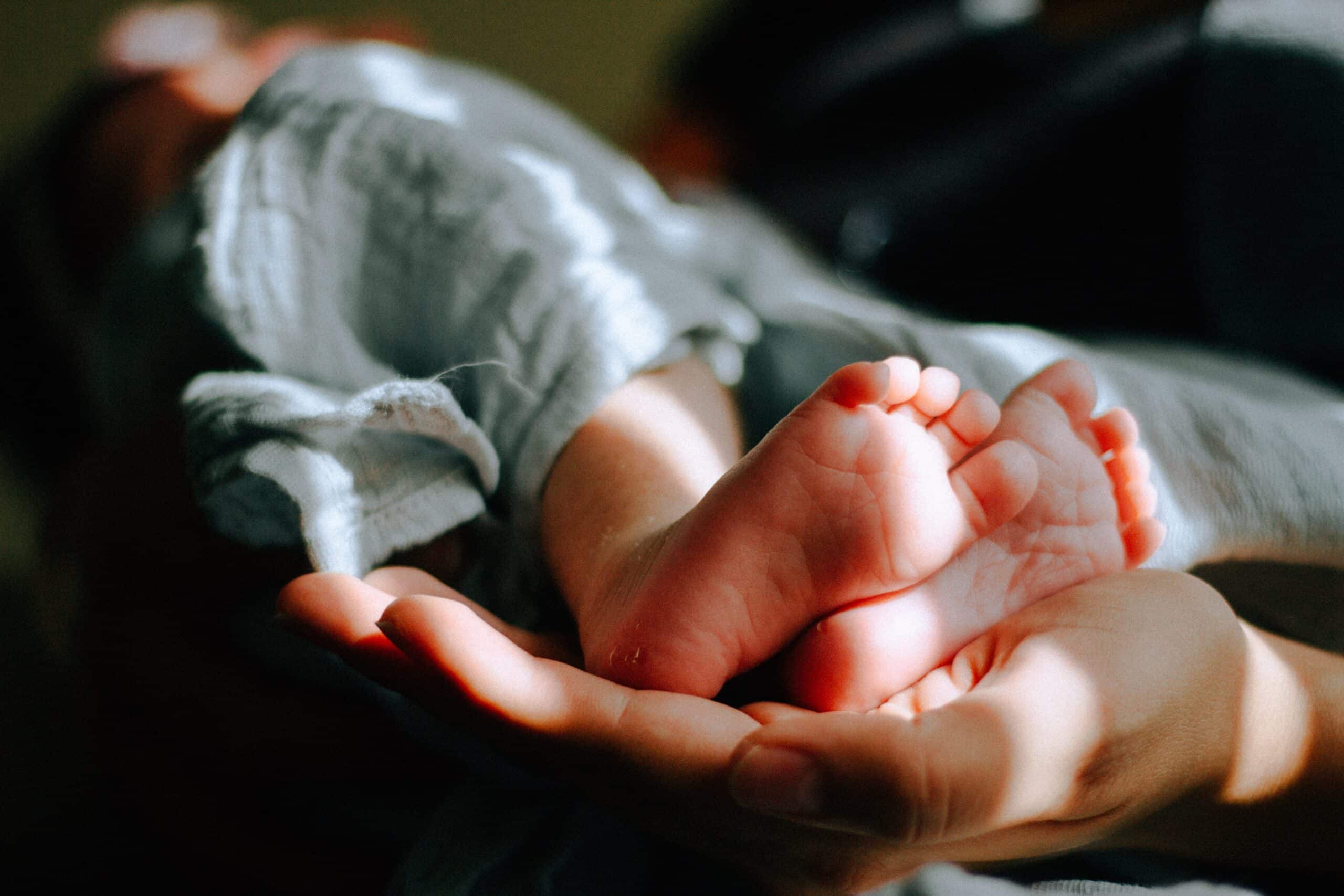Childbirth is a transformative experience, but for some mothers, it can lead to injuries that often go undiagnosed. In this article, we will explore the prevalence of injuries to mothers during childbirth, the types of injuries, and crucially, how to prevent and address these issues.
How Often Do Injuries to the Mother During Childbirth Go Undiagnosed?
A staggering one third of women experience giving birth as traumatic, and consequently 3-6% of all women giving birth develop postpartum post-traumatic stress disorder (PTSD), with many going undiagnosed. This raises concerns about the undiagnosed trauma experienced by mothers during childbirth.
Further research suggests that research suggests that up to 41% of women may suffer undiagnosed pelvic floor muscle damage and up to 30% may suffer from undiagnosed pelvic fractures from childbirth. Other studies have found that:
- 40% of 3rd degree anal sphincter injuries are missed
- Many vaginal lacerations are initially missed resulting in more difficult treatments
- Uterine prolapse is frequently missed on clinical examination
- Gestational diabetes does not often show any clear symptoms meaning it can be easily missed without proper testing
Types of Injuries Received During Childbirth
Certain childbirth injuries are more liable to be misdiagnosed than. Perineal tears, in particular those of a lower degree, may be missed in the postpartum period. The combination of subtle symptoms or inadequate postpartum care may contribute to this. Also, internal injuries such as uterine ruptures may not present immediate or obvious symptoms, leading to delayed or missed diagnoses. Miscommunication or lack of coordination among healthcare professionals during the chaotic moments of childbirth can further exacerbate the chances of misdiagnosis.
Below is further information on some of the injuries mothers may suffer during childbirth:
Injuries to the Perineal Area:
- Perineal Tears: Approximately 3 in every 4 women who give birth vaginally experience perineal tears, varying in severity from first to fourth degree.
- Nerve Damage: Childbirth can result in nerve damage in the perineal area, causing long-term pelvic pain, bowel, and bladder irritation.
- Obstetric Fistula: A tear in the birth canal that can develop as a result of childbirth.
Injuries to the Pelvic Floor:
- Muscle Damage: Mothers may experience permanent changes to the pelvic floor due to overstretching or tearing during birth.
- Pelvic Organ Prolapse: Organs inside the pelvis may drop down towards the vagina, causing bladder and bowel problems.
Common medical error claims involving mothers after birth:
- Failure to control blood loss
- Failure to diagnose and treat newborn jaundice
- Failure to monitor the infant’s vital signs and oxygen levels
- Failure to test the mother and baby for blood type incompatibility
What patients should do if injuries go undiagnosed
Mothers should seek a second opinion from a qualified healthcare professional if they believe they have suffered an injury during childbirth, which has been missed. This could involve consulting another obstetrician or gynaecologist to gain a fresh perspective on their condition. Communicating any concerns and portraying symptoms is crucial to finding a more accurate diagnosis and appropriate intervention. Additionally, they may consider filing a complaint or contacting our experts to make a medical negligence claim.
How to prevent injuries from going undiagnosed
While it may not be possible to prevent all birth injuries, there are proactive measures mothers can take to reduce the risks:
- Strengthening pelvic muscles through daily pelvic floor exercises
- Undergoing perineal massages from the 35th week of pregnancy to reduce the risk of tears
- Applying a warm compress to the perineum during the second stage of labour to stretch the area
- Utilising breathing techniques during the second stage of labour
- Considering an episiotomy when deemed necessary
- Ensuring that healthcare professionals conduct a thorough assessment for perineal tears, including a rectal examination.
Further preventative measures may include patient education and ensuring all testing and examinations are carried out correctly. Mothers should be informed about the potential injuries associated with childbirth, the symptoms to be aware of, and the importance of postpartum care. Frequent and comprehensive postpartum check-ups are important, enabling healthcare professionals to identify and treat any complications quickly. Other factors such as open communication between mothers and healthcare professionals can also contribute to an improved and timely diagnosis.
Conclusion
Understanding the types of injuries mothers may experience during childbirth is crucial for both prevention and timely treatment. By being proactive and informed, mothers can take steps to safeguard their well-being and address any issues that may arise during this transformative period.

